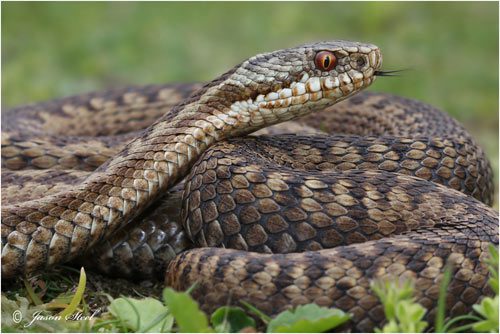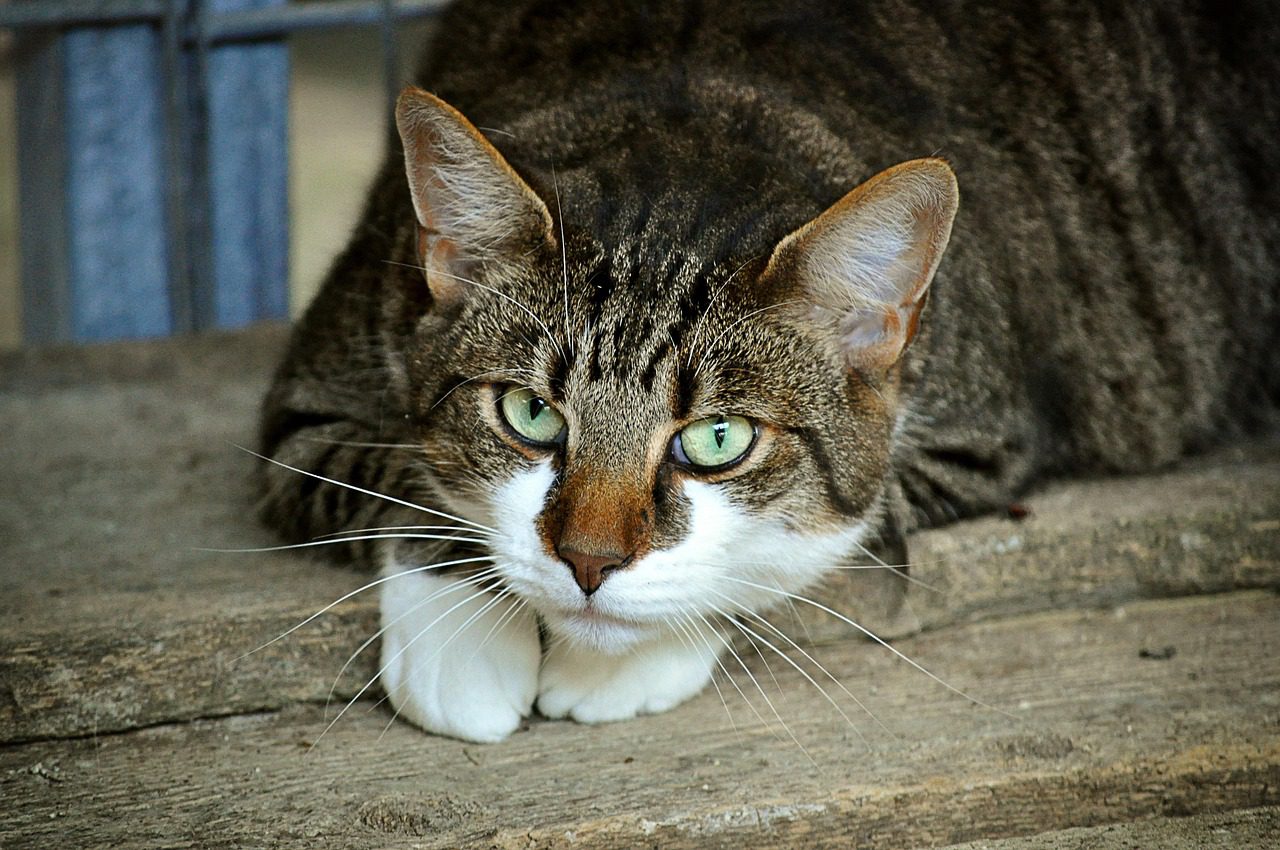A few years ago, my son was on a field trip with students from his primary school, bonding in Wales. It seems that he has not picked up much in the way of wildlife respect from his mother, the vet.
He noted the profusion of grass snakes, and that the girls in his class had a tendency to squeal whenever they saw one.
So naturally, being the mischievous sort, he had to catch one, and use it to scare anyone who was foolish enough to run away. I gather he did this repeatedly for several days without the teachers spotting him, but he got his just desserts.
On day three he spotted a smaller snake, and reached out to grab it. He had not even perfected the art of grasping them firmly behind the head, nor of using a forked stick to protect himself. It also seems he had never heard that adders are smaller than grass snakes, and that they are poisonous.
This adder was not amused to be mistaken for a more innocent cousin, and especially was not amused to be used in foolish teenage pranks. A quick strike on the back of his hand soon taught the boy to be more respectful.
They continued hiking, with him saying nothing of the pain and swelling in his hand. It was only when a teacher spotted that he was cradling his hand rather than holding his own, as was more usual, at the ping pong table that the truth came out. He was taken to hospital, and his parents informed. No-one was amused.
The swelling took days to resolve, but at least the wildlife of Wales was safe again. People are highly unlikely to be severely at risk from an adder bite, but small pets can be. The danger is in proportion to the amount of venom the snake has stored, the size of the pet, and how close to the heart the strike occurs. We see a few adder bites in Sussex each year. If you think your pet has suffered one, get it to a Vet at once.




